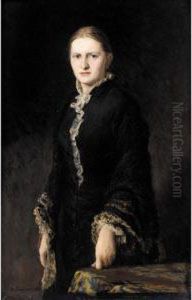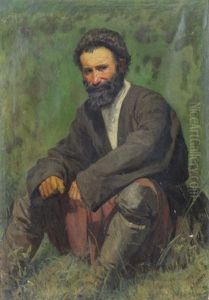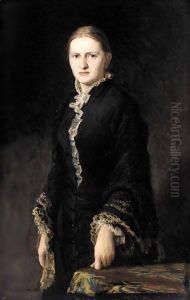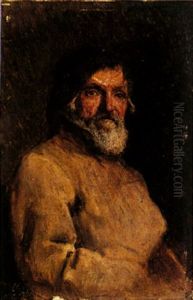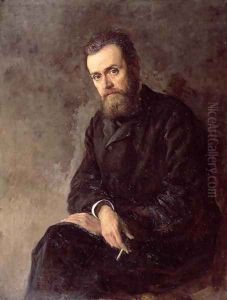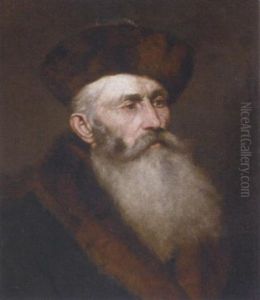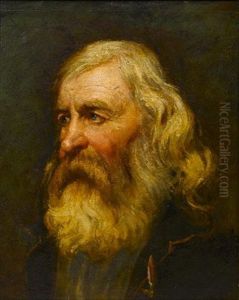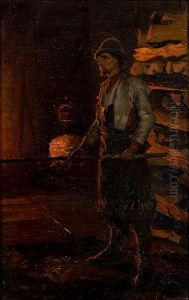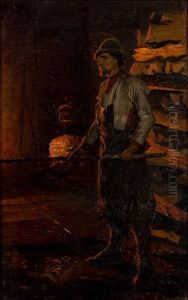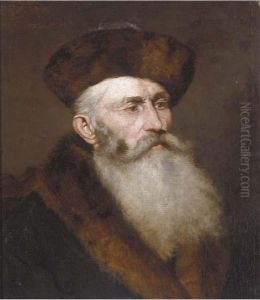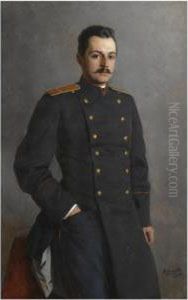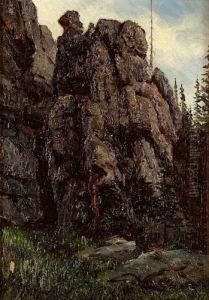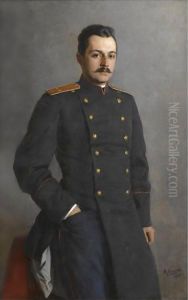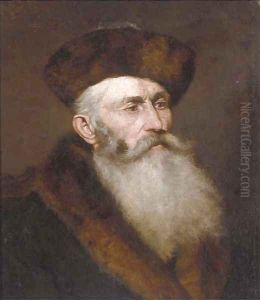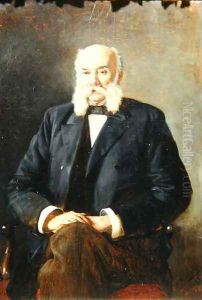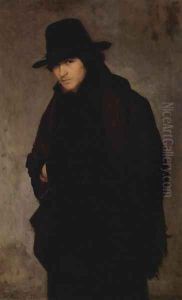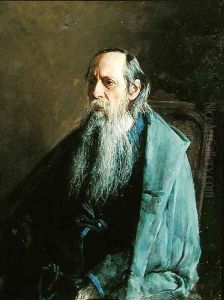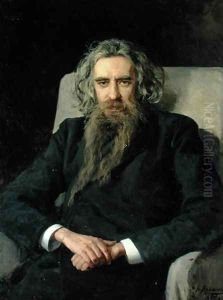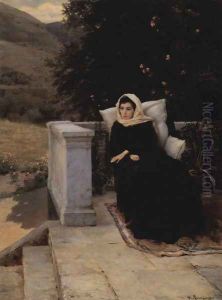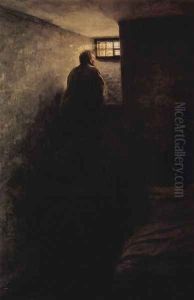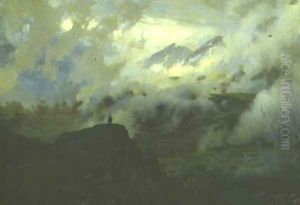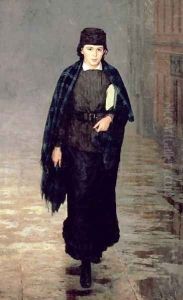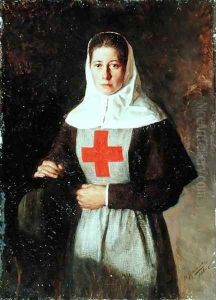Nikolai Aleksandrovich Yaroshenko Paintings
Nikolai Aleksandrovich Yaroshenko was a prominent Russian painter and a key figure in the Peredvizhniki (Wanderers) movement, which sought to break away from the academic restrictions of the Russian Imperial Academy of Arts and bring art closer to the people. Born on December 13, 1846, in Poltava, now in Ukraine, Yaroshenko came from a military background but was drawn to art from an early age. Despite his initial military career, he pursued his passion for art and eventually became one of the most influential and socially conscious artists of his time.
Yaroshenko's education in art began at the Imperial Academy of Arts in Saint Petersburg, where he enrolled in 1866. Although he started his education later than most, his dedication and talent quickly shone through. His works often depicted the lives of the Russian people, focusing on themes of social injustice and the human condition, which aligned with the ideals of the Peredvizhniki movement. His involvement with the Peredvizhniki began in the early 1870s, and he became an active member, participating in their traveling exhibitions and contributing to their cause of reforming Russian art.
Throughout his career, Yaroshenko was known for his portraits and genre scenes that conveyed deep psychological insight and empathy for his subjects. One of his most famous works, 'Life is Everywhere' (1888), depicts prisoners in a railway carriage, highlighting his concern for the downtrodden and his critique of societal norms. His portraits, often of fellow artists and intellectuals, are celebrated for their depth of character and mastery of form.
Yaroshenko's influence extended beyond his paintings. He was a mentor to many young artists and played a significant role in the development of Russian art education, advocating for more accessible and progressive teaching methods. Despite facing health issues in his later years, Yaroshenko continued to paint and exhibit his works, maintaining his commitment to art and social issues until his death on July 7, 1898, in Kislovodsk, Russia.
Nikolai Aleksandrovich Yaroshenko's legacy is marked by his contributions to the Peredvizhniki movement and his commitment to using art as a means of social commentary. His works remain a poignant reminder of the power of art to reflect and critique society, and his influence is still felt in the realms of Russian art and beyond.
